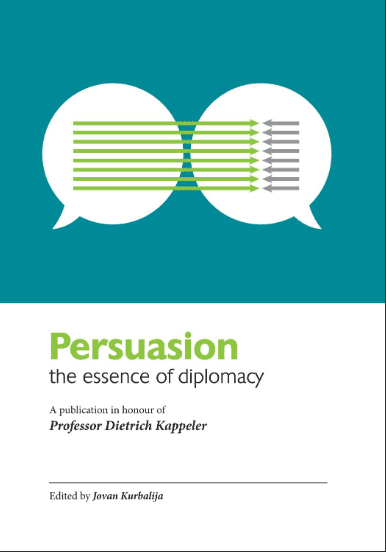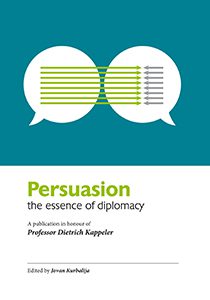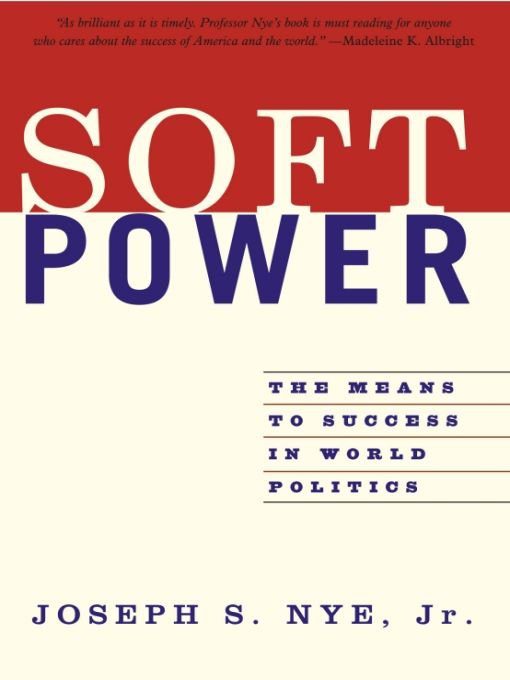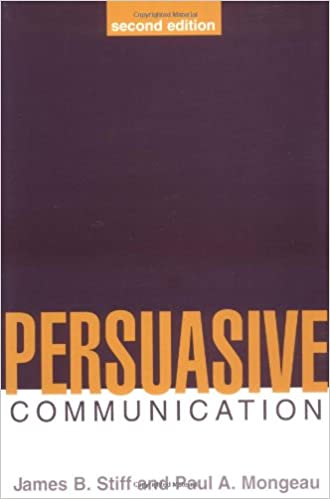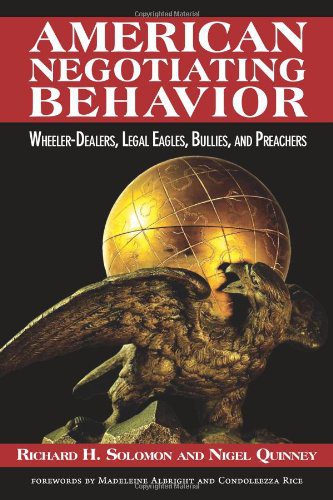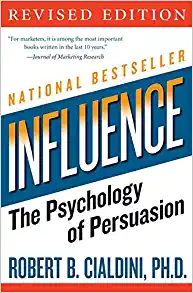Aristotle (384 BC–322 BC)
In order to trace back the connection between persuasion and rhetoric, Schiappa and Hamm suggest that we may find the answer if we classify and apply the word ‘rhetoric’ according to the five methods based on both classical and contemporary research. The five methods classify the domain of rhetoric accordingly:
- Rhetoric as an instance of speech-making or oratory.
- Rhetoric as persuasive technique.
- Rhetoric as a tactical function of language use (i.e. rhetoricity).
- Rhetoric as an educational agenda or program that inculcates the art or skill of the rhetor.
- Rhetoric as a theory about human communication.[i]
As may be inferred from this, the study of persuasion originated through the study of rhetoric. The ancient Greeks were the first to advocate the importance of rhetoric, oration, persuasion, and communication for the egalitarian arrangement and functioning of deliberative democracy among and within the Greek city-states (i.e. polis). The power of suasion was perceived as critical to the welfare (i.e. human happiness – eudaimonia; and the highest end – telos – of human life, good life) of all citizens living within democracy, due to its power to induce free exchange of opinions and counterarguments within the political arena, which would guarantee arrival at a political consensus on the basis of persuasion and free choice, rather than through coercion and the civil strife – stasis – that consumed Hellas (i.e. according to Hannah Arendt – ‘To be political, to live in a polis, meant that everything was decided through words and persuasion and not through force and violence’[ii]).
The framing of the most constructive choice for society’s welfare was brought by the sophisticated discriminations in language with a particular aim to affect the political decision-making process (i.e. ’Dicere ad persuadendum accommodate’ – ‘Speech designed to persuade’ – basic definition for rhetoric given by Cicero in his dialogue De Oratore). To that end, Aristotle was perhaps the first one to recognise rhetoric ‘as an art of communication’ that ‘was morally neutral’, and as the one ‘that could be used for either good or ill’.[iii] Plato, on the other hand, advocated in his work Gorgias that the exercise of rhetoric in popular assemblies was immoral, and that in political dialogues rhetoric tended to produce:
‘conviction without knowing’, that is, a conviction not resulting from learning (mathesis) but from persuasion alone, based on doxa, opinion; that rhetoric has no rational principle or logos, and hence no status as a techne, a systematic discipline based on science or knowledge (episteme). … Rhetoric is more violently denounced as a vicious form of flattery, kolakeja, a morally shameful, opportunistic pandering to the taste of the masses, and is decisively relegated to the category of spurious activities.[iv]
In opposition to Plato’s diatribes on rhetoric, Aristotle’s seminal work On Rhetoric stipulates that rhetoric, and persuasion as a distinct subunit of it, deserve to be acknowledged as a discipline based on science or knowledge (i.e. techne), since:
‘… ordinary people use both dialectic and rhetoric, to discuss statements and to defend themselves, either at random or through practice. This shows that the subject ‘can be handled systematically, for it is possible to inquire the reason why some speakers succeed through practice and other spontaneously; and … such an inquiry is the function of an art’.[v]
Additionally, Aristotle defined rhetoric as a ‘counterpart (antistrophos) to dialectic (i.e. formal logical discussions)’, and as ‘the faculty of observing in any given case the available means of persuasion’.[vi] Aristotle believed that the principal function of persuasion was to communicate one’s point of view, and that knowledge and wisdom could only be attained through logic and reason. In that regard, Aristotle identified three means of persuasion, which he described in the second chapter of On Rhetoric, where he said that persuasion is dependent on three facets:
- The truth and logical validity of what is being argued.
- The speaker’s success in conveying to the audience a perception that he or she can be trusted.
- The emotions that a speaker is able to awaken in an audience to accept the views advanced and act in harmony with them.
Nowadays, modern rhetoricians use terms derived from Aristotle to refer to these three means of persuasion, even though these terms have acquired somewhat broader definitions:
- ‘Logical argument is called logos;
- The projection of the speaker’s character is called ethos;
- Awakening the emotions of the audience is called pathos.’[vii]
What Aristotle ultimately sought was to equip political representatives with a means to interpret, to evaluate, and to act upon the arguments and opinions channelled to them by the citizenry. Aristotle was well aware that disagreement among human beings was inevitable, since our own individual perceptions of the world surrounding us are not uniform.
Additionally, since people communicate their perceptions through language, and as everybody communicates their own perception of how the world surrounding them functions, there was no means of telling whose opinion was the most accurate and the most valuable for the community. As Kenneth Burke remarked, ‘we need never deny the presence of strife, enmity, faction as a characteristic motive of rhetorical expression’. Therefore, they invented rhetoric to help them attain consensus within the community. All language use was therefore put in the service of finding the means of persuasion that would support the rhetor’s standpoint; change the thinking and behaviour of an audience; or strengthen the existing beliefs within the audience.
As ancient rhetoricians believed that language was a potent force for persuasion, they insisted that their students develop copia in all spheres of their art. Copia denotes an abundant and ready supply of language in any situation that arises. Why did ancient teachers of rhetoric insist on this practice? Well, they knew that training their students in different rhetorical arts prepared them for the multitude of communicative and persuasive possibilities that exist in language.
Endnotes
[i] Worthington I (ed) (2007) A Companion to Greek Rhetoric. Chichester, UK: Wiley-Blackwell Publishing. p 6.
[ii] Arendt H (1958) The Human Condition. Chicago: University of Chicago Press. p 26-27.
[iii] Kennedy GA (2006) Aristotle on Rhetoric – A Theory of Civic Discourse, 2nd Edition New York: Oxford University Press. p x.
[iv] Sloane TO (ed) (2001) Encyclopedia of Rhetoric, New York: Oxford University Press. p 606-607.
[v] Ibid. p 608.
[vi] Kaid LL, Holtz-Bacha C (2008) Encyclopedia of Political Communication – Volume 1&2. Thousand Oaks, CA: Sage Publications. p 43.
[vii] Kennedy (2006) op. cit.
